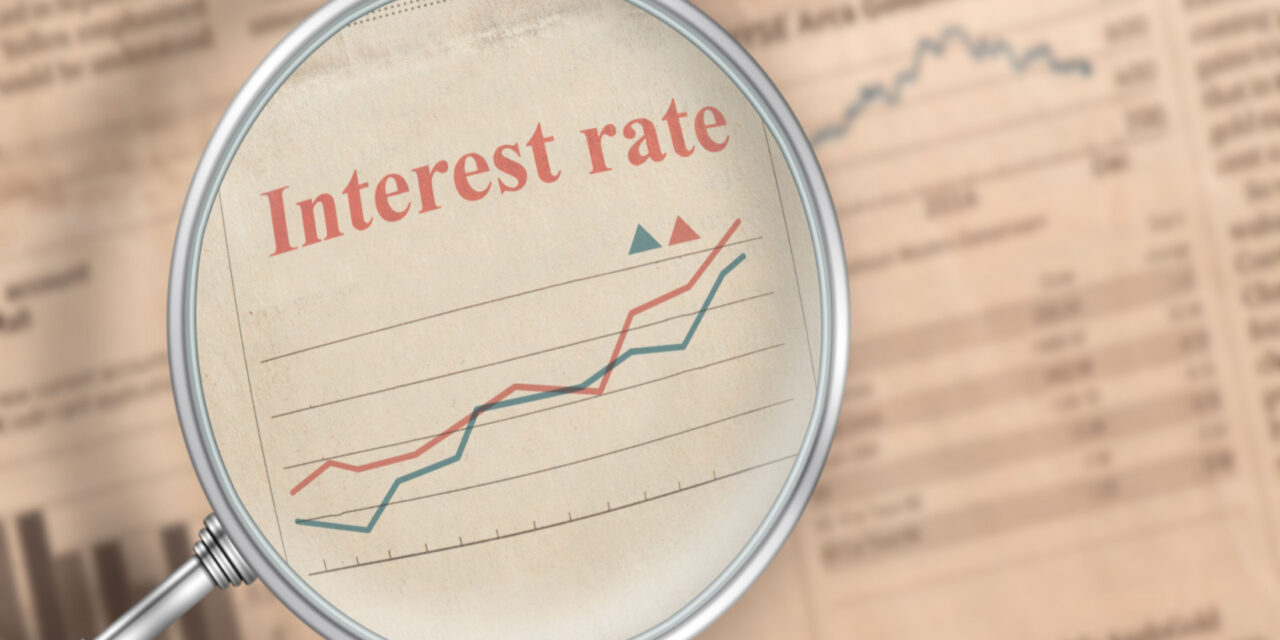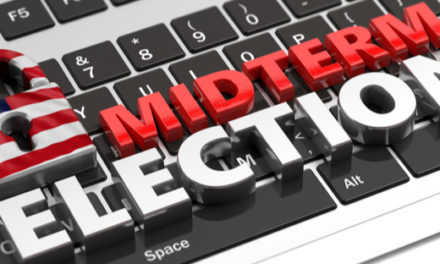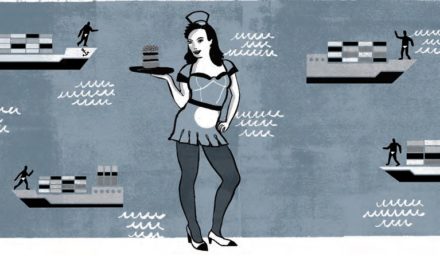
Higher Rates and What It Means for You
After decades of loose monetary policy, the Fed has begun pursuing a tighter monetary approach that includes raising interest rates and reducing its balance sheet. This policy u-turn is an attempt to rein in an accelerating inflation rate driven by supply chain disruptions, strong consumer demand, excess liquidity and elevated fiscal spending. It’s also led to a lot of questions…
To view the full article please register below:
Higher Rates and What It Means for You
After decades of loose monetary policy, the Fed has begun pursuing a tighter monetary approach that includes raising interest rates and reducing its balance sheet.
This policy u-turn is an attempt to rein in an accelerating inflation rate driven by supply chain disruptions, strong consumer demand, excess liquidity and elevated fiscal spending. It’s also led to a lot of questions.
Why is the Fed taking the lead on fighting inflation?
As the nation’s central bank, the Federal Reserve has operated under a “dual mandate” from Congress to promote the goals of maximum employment, stablize prices and moderate long-term interest rates.
How will Fed actions reduce inflation?
The Fed is raising the federal funds rate in pursuit of what economists call “demand destruction.” By raising the costs of borrowing, individuals and businesses may reduce their spending on goods and services, which may ease the upward pressure on prices.
The Fed is also reducing its balance sheet, removing liquidity from the capital markets. Reduced liquidity may lower asset values, which, in turn, diminishes the “wealth effect” of higher asset prices—an effect that often promotes greater consumer demand for goods and services.
How will higher rates impact the economy?
High interest rates tend to slow down economic activity and moderate price increases as supply and demand reach equilibrium. Of course, the challenge for the Fed is making sure they don’t hit the brakes too hard and cause a recession.
How will higher rates affect the markets?
Because bond prices move inversely to interest rates, increased rates will cause bond prices to fall. For stocks, it’s a bit more complicated. While, in theory, increased rates reduce equity valuations due to the increased discount rate for future cash flows, stocks have risen, as well as fallen, during different periods of rising rates.
How do higher rates affect my personal finances?
The good news is that savers, who have been disadvantaged by low rates, will start to see higher interest on bank savings and certificates of deposit. Bond investors will also start seeing higher income on new investments.
For borrowers, it’s mostly bad news as rates are likely to go higher on:
- Credit card debt (which is tied to the prime rate, a rate linked to the federal funds rate)
- Mortgage rates (a consequence of the Fed unwinding its holdings of mortgage-backed securities—its previous buying helped drive mortgage rates to recent lows)
- Home equity loans (also pegged to the prime rate)
- Auto loans (tied to the prime rate)
Individuals who want to gain a better understanding of what rising rates may mean for their personal situation are encouraged to speak with their financial advisor.
Please reference disclosures: https://blog.americanportfolios.com/disclosures/












